[Staying Rooted] Social enterprises: The true resilients

Much has been said about the “resilience” of the Filipino in the face of hardship. We were colonized by three different imperialists, one after the other, for almost four centuries. Our location on the globe makes us one of the most susceptible countries to both storms and earthquakes. And, in the postwar years, we have suffered much under incompetent and/or corrupt leaders – the poor always taking the brunt of the impact.
In the wake of Typhoon Vamco (Ulysses), the narrative of this “resilience” has been called out for being a beacon of toxic positivity, for trivializing the suffering that the less fortunate go through again and again, for ignoring the root cause of the problem – the powers that be that have kept them there in the same place.
There should be no need for this cycle of terror in the first place, where myriads question if they would even live to see another day, while the well-off shrug it off as only minor inconveniences.
Yet in these trying times, said to be the world’s worst crisis since World War II, the mighty and the marginalized alike have had their lives upended, and resilience is the only way to emerge from it unscathed. None more so than the agents of change trying to minimize the gap between those two ends of the spectrum: social entrepreneurs.
Social enterprises – even inclusive businesses – by design have the best of both worlds, or have two masters, depending on how you look at it. As the late Dr. Eduardo A. Morató, Jr. loved telling his entrepreneurship students, in the term “social enterprise”, “enterprise” is the noun, while “social” is the adjective. A social enterprise must, first and foremost, be a financially-sound business. In fact, I read once in a Harvard Business Review Press book that an unprofitable business is socially irresponsible because you are not doing your stakeholders justice – employees included.
At the same time, it exists to solve a very particular, very pressing social issue at hand – usually something to do with a marginalized sector, plus the environment. They are intertwined to the point that unraveling is impossible. Remove the “enterprise” factor, and you are left with a charity. Remove the “social” factor, and you are left with a plain ol’ purely profit-driven business.
Because of its twin obligations, social enterprises have had it harder than most others during the pandemic. As “businesses with a heart”, social entrepreneurs are walking a fine line between two conflicting needs. Right-wing governments the world over have generally opposed stricter lockdowns for economic reasons, arguing that business will be hit hard. Our own business sector, understandably, is against the harshest of restrictions.
At the same time, social entrepreneurs are more attuned to the signs of the times, and understand that sacrifices need to be made for the good – and the safety – of all. As social problems are woven into the fabric of their being, and they work with stakeholders with less access to opportunities, social entrepreneurs display a people-centered, compassionate perspective that we can only wish were much more prevalent.
Given this, social entrepreneurs – most of which, if not all, qualify as owners of Micro, Small, and Medium Enterprises (MSMEs) – have had to hustle harder than others, if only to keep both themselves and their beneficiaries alive and afloat. Maintaining good business alone is already a herculean task, because many social enterprises’ products are priced at a premium, in order to ensure fair and ethical treatment of their stakeholders.
Furthermore – just like regular business – a fair number do not sell essential goods, and demand for them is thus much more unpredictable and uncertain than those whose products are essential or alternatives to essentials. And, of course, Filipinos in general still prefer imported or foreign-made products, and if they patronize local, expect them to be less pricey.
But creativity and innovation are in the DNA of a social entrepreneur. A social enterprise itself exemplifies social innovation, and a passionate changemaker will not take no for an answer. They will find ways. They know they need to, because it is more than just their families and their direct hires who depend on the company for survival. Thinking beyond the box is the name of their game, and imagination is their middle name.
For some, it will be a shift to digital. For others, it would mean developing new products, whether quite, marginally, or completely not related. For others still, it entails a complete change in business model. We do what we need to do, for the sake of our missions.
As the Philippines – and the world – continues to deal with much uncertainty, we bring you stories of hope, of inspiration, of perseverance, and ultimately, of love. A social entrepreneur’s mission is, at the end of the day, driven by a love so great it overflows beyond their immediate circle into society, into country, into planet.
Welcome to Staying Rooted, by the Roots Collective. Welcome home.
~
*This article was originally published on ABS-CBN News on 8 September 2021, in partnership between the Roots Collective and ABS-CBN News.
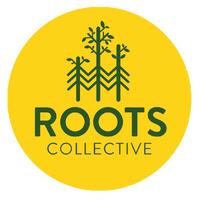
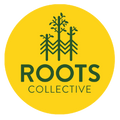










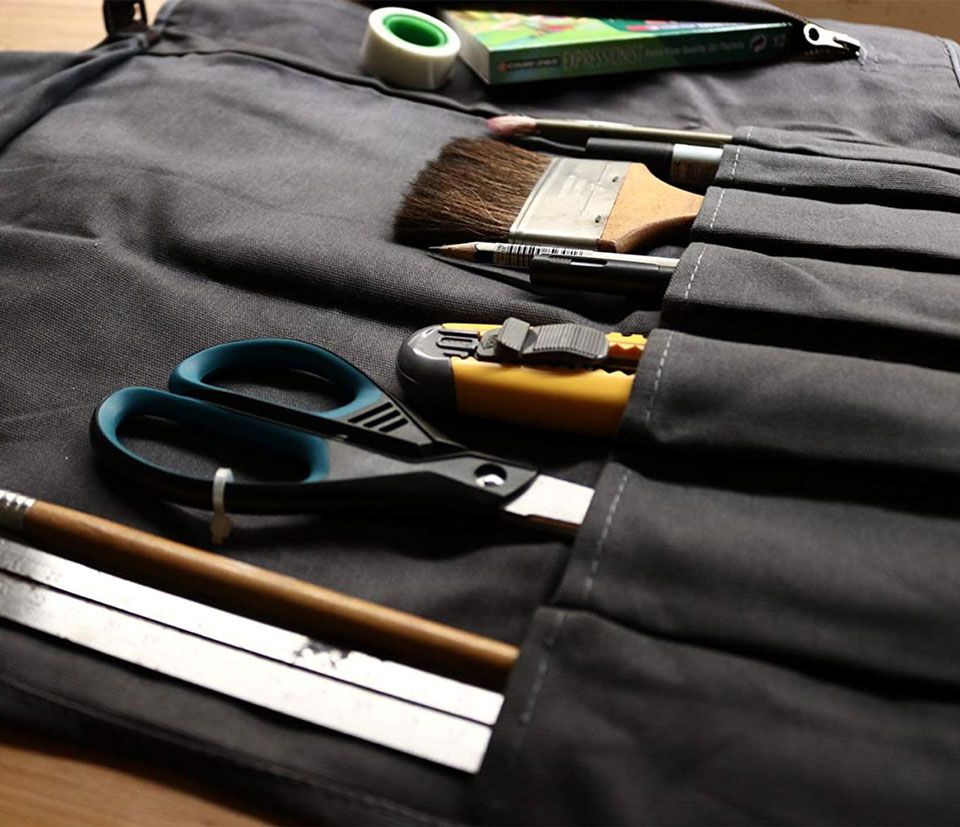

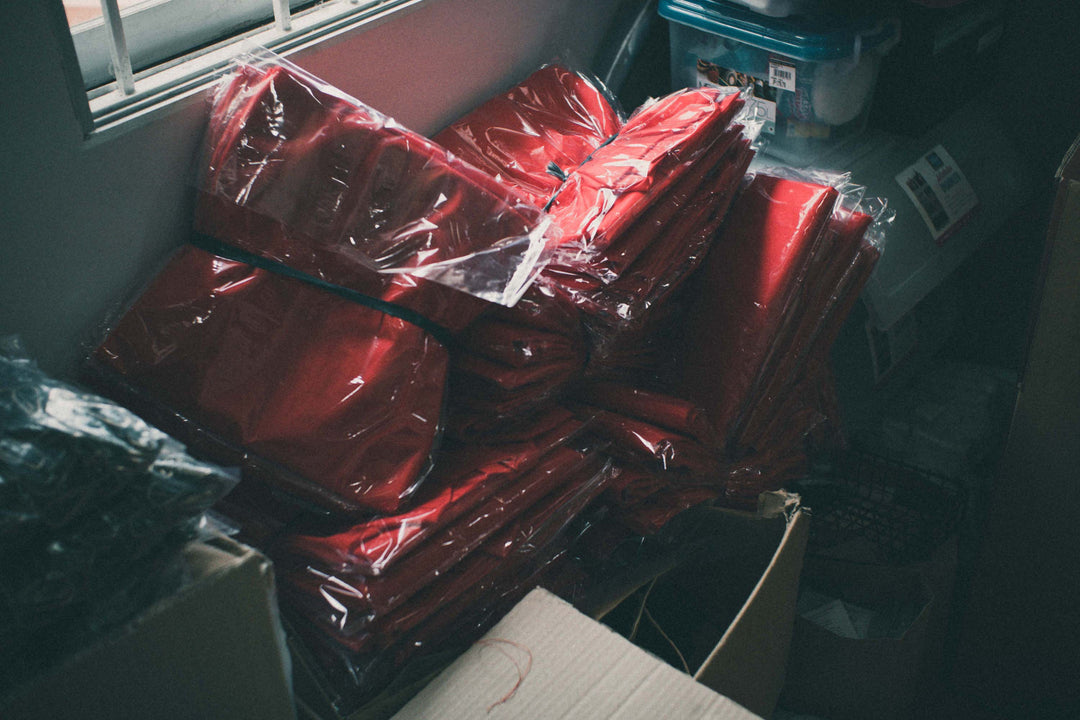
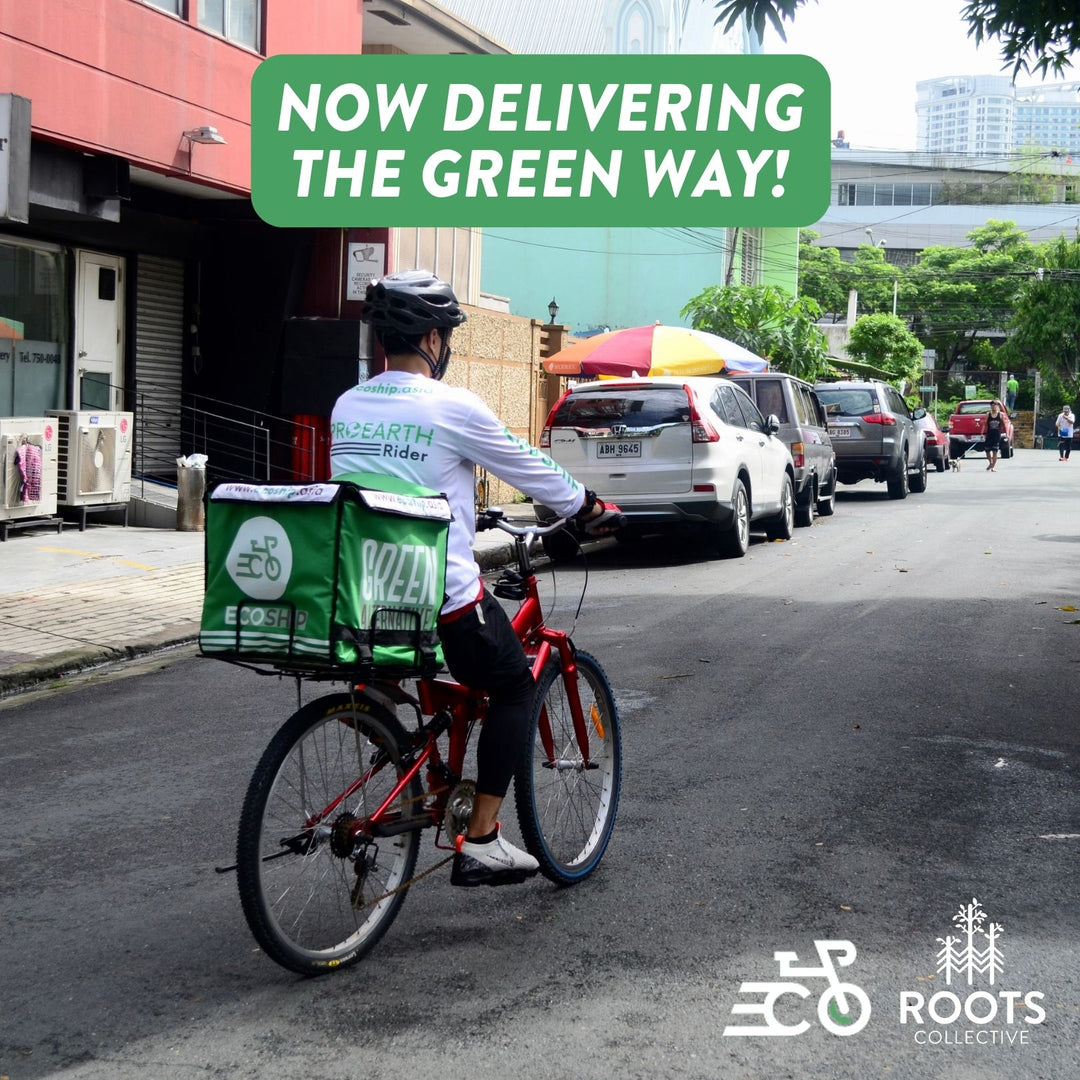
Leave a comment